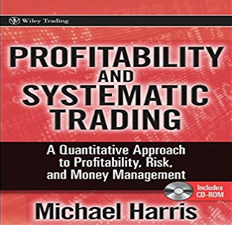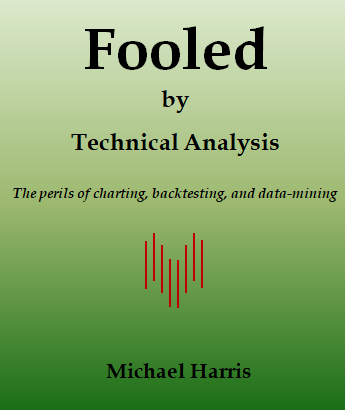Who benefits and who loses during bear markets? It’s not who most people think. Smart money has always benefitted from bear markets.
Passing investors and especially those close to retirement are always scared of the possibility of a bear market. This is reasonable fear as recovery time from a large drawdown may be more than five years.
Long only equity traders are also adversely affected by bear markets due to inactivity. Staying out of the market has opportunity cost and impacts long-term returns.
However, smart money benefits from corrections and bear markets. Imagine having hundreds of millions or even billions in a bank account in a zero interest rate environment and with stocks near new all-time highs while bond yields are on the rise; the best thing that can happen is a fast correction or bear market. Why? Because money on the sidelines means ability to find bargains, average lower and benefit over the long-term by boosting returns.
Smart money doesn’t face the survival problems people with retirement accounts face if there is a bear market. If someone has $100 million and loses $50 million due to 50% bear market, there is still $50 million in the bank. This sounds trivial but I’ve noticed many people don’t understand the ramification of these facts and impact on risk aversion profile.
No, it’s not the trader short one E-mini contract that will benefit more from a sharp decline in stocks; it’s the $100 million account. How? Because these are long-term investors and are always looking for bargains while avoiding extreme valuations.
It would be a gift to smart money for the S&P 500 to fall additional 25% to 3400. While some small investors, retirement funds and even traders will lose money and they’ll suffer during recovery, smart money will be looking for bargains to average down and multiply returns in the next uptrend.
Why do you assume there will be another uptrend? Someone could ask.
As long as the US economy relies on Venture Capital to finance new ideas and attracts the best talent around the world, the long-term upward drift in stocks will remain in place, assuming the central bank policy is accommodative as in the past.
USA is a high tech powerhouse and the only game in town. Stocks will go up and down, they’ll have wild swings, and in most cases unrelated to economics, but also due to unwillingness of smart money to invest when there are overvaluations. Because there is nothing that smart money likes more than buy low, sell high.
Many traders and small investors are trapped in a game of buying higher to selling even higher and are afraid to buy low when there is most of the potential.
In addition, company insiders find good opportunities during bear markets to buy back the shares they unload near highs and rebalance their stake in their company. Then, they wait for the next uptrend to unload, rinse and repeat.
Time isn’t an issue. Time is pressing only for the small accounts. For smart money, rinse and repeat may occur by their heirs; they aren’t under any pressure to survive.
Premium Content 10% off for blog readers and Twitter followers with coupon NOW10
Disclaimer: No part of the analysis in this blog constitutes a trade recommendation. The past performance of any trading system or methodology is not necessarily indicative of future results. Read the full disclaimer here.
Charting and backtesting program: Amibroker. Data provider: Norgate Data
If you found this article interesting, you may follow this blog via RSS or Email, or in Twitter.







